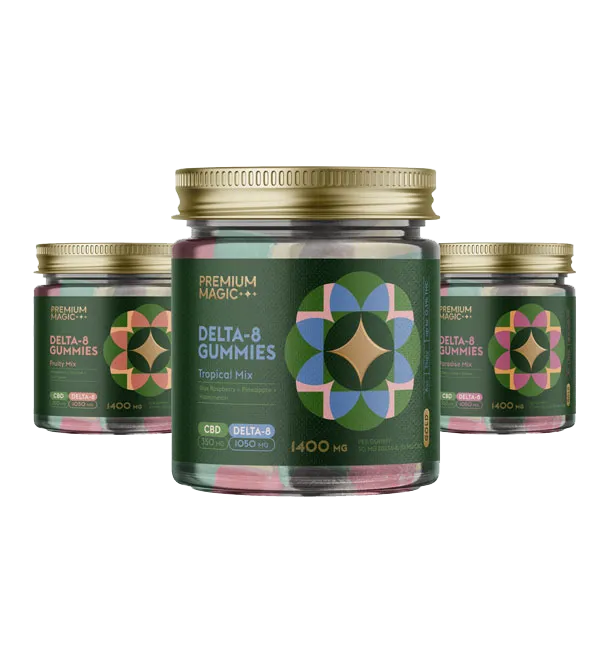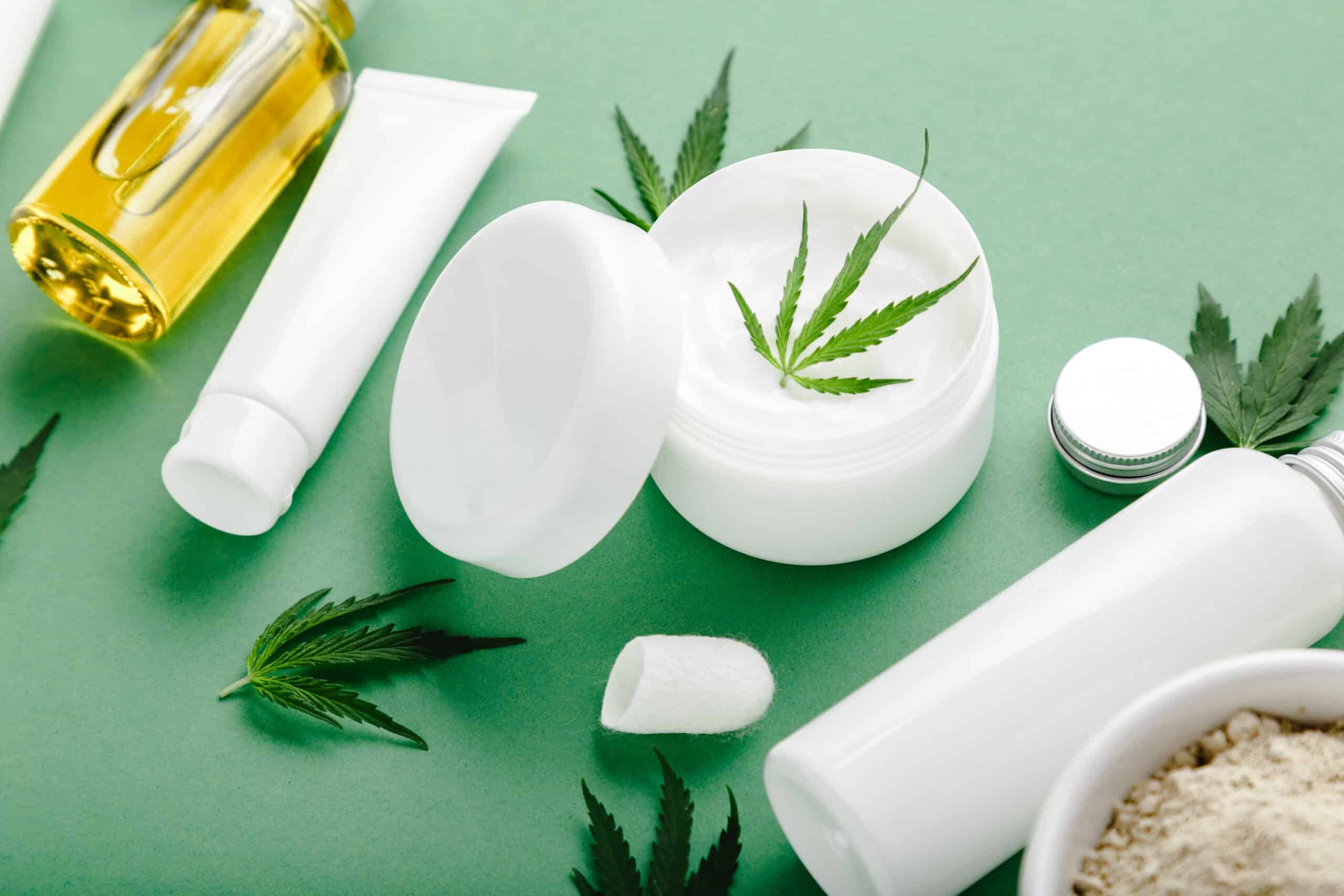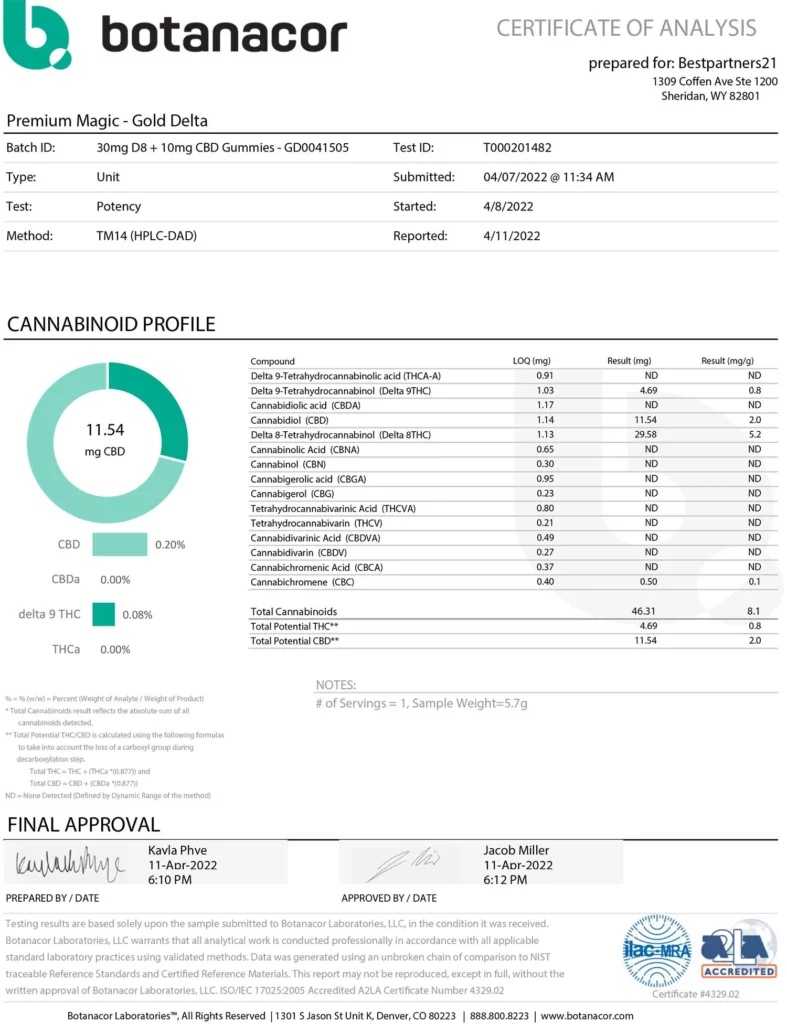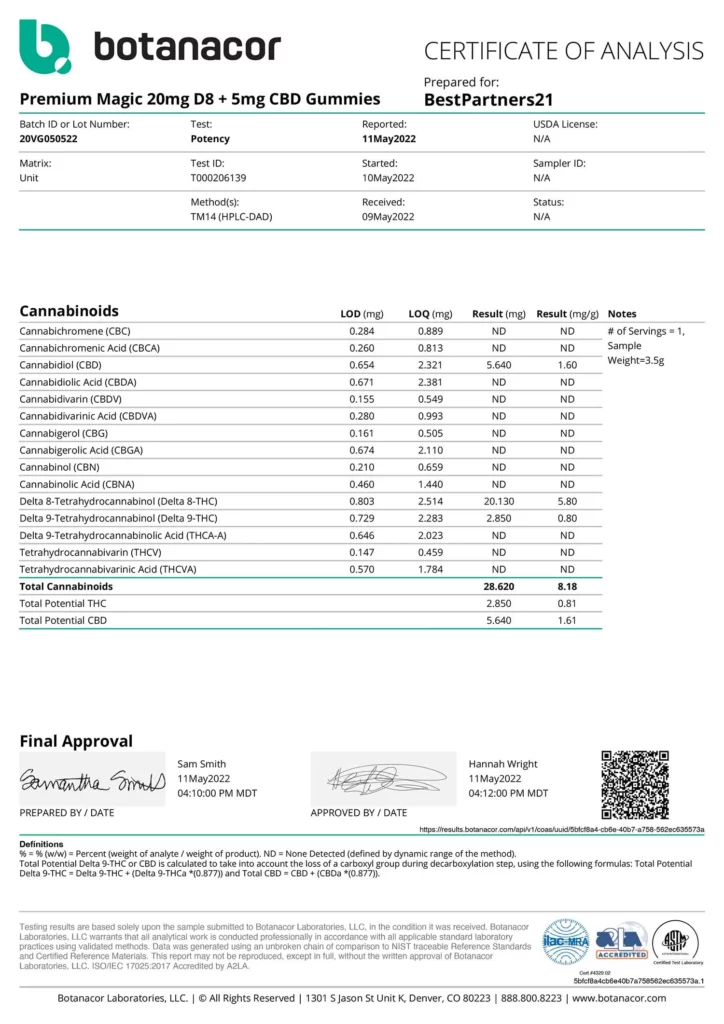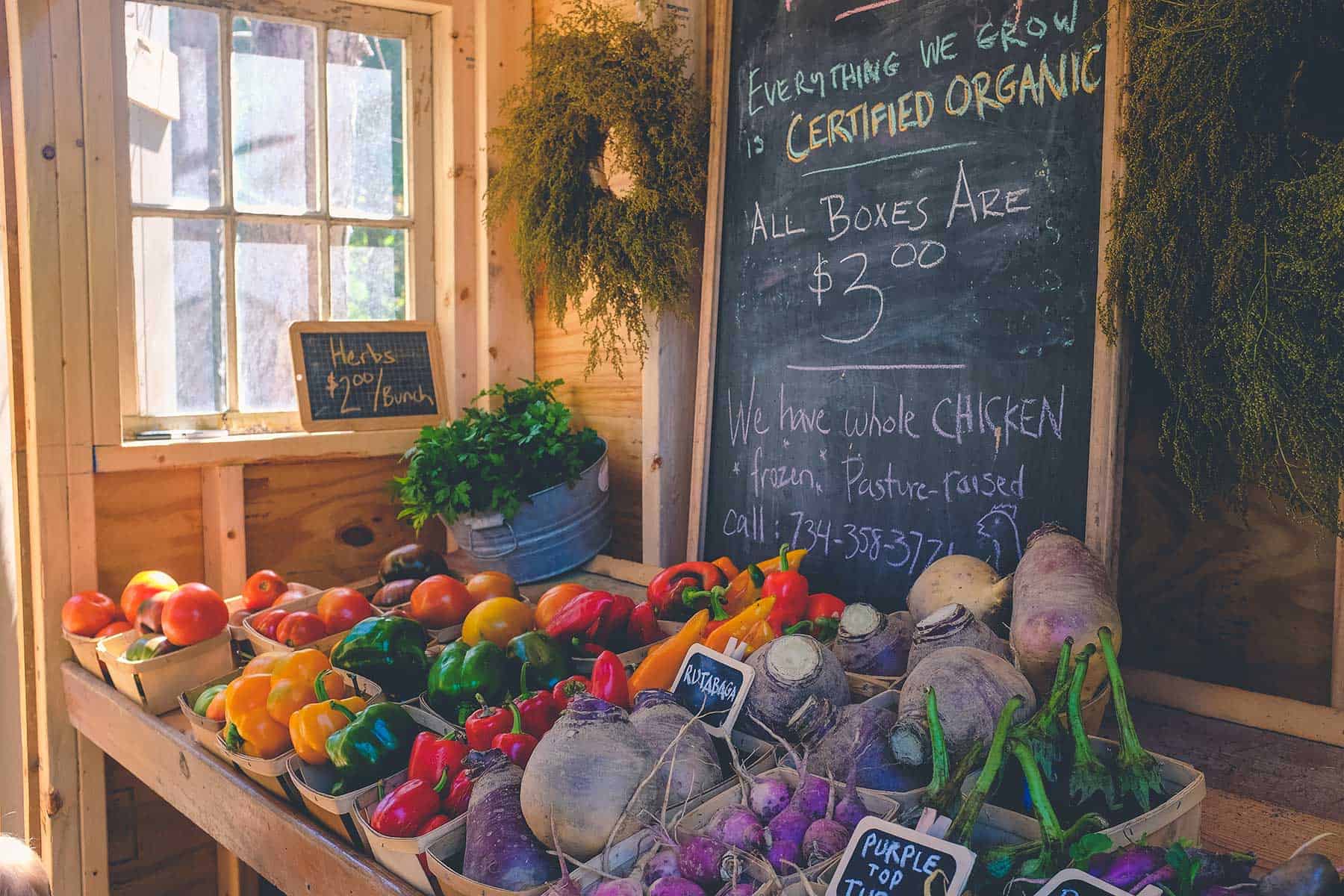
Organic Vs. Non-Organic Foods: A Comprehensive Comparison

Navigating the grocery store aisles can be a challenge when you’re bombarded with labels shouting “organic” and others that don’t. You might find yourself wondering about the real differences between organic and non-organic foods and if one is truly superior.
In this blog, you’ll explore a detailed comparison of both categories. You’ll uncover what “organic” really means, the differences in how these foods are grown, their nutritional debates, and ultimately, how your choices impact your health and the environment. Dive in to make informed decisions for your next grocery run!
Understanding the Organic and Non-Organic Foods
What Are Organic Foods?
When you hear the term “organic foods,” it refers to how farmers grow and process agricultural products. Organic farming practices aim to promote soil and water conservation and reduce pollution. Farmers who grow organic produce and meats don’t use conventional methods to fertilize, control weeds, or prevent livestock disease. For instance, instead of using chemical weed killers, organic farmers may conduct more sophisticated crop rotations and spread mulch or manure to keep weeds at bay.
Criteria for Organic Certification
So, how does a food earn the “organic” label? There are specific criteria that need to be met. Your food can’t just claim to be organic without going through a certification process. For produce, the soil where the crops grow must be inspected and proven to be free from most synthetic fertilizers and pesticides for a certain number of years. In the case of organic meat, the animals must be raised in living conditions accommodating their natural behaviors (like the ability to graze on pasture), fed 100% organic feed and forage, and not administered antibiotics or hormones.
What About Non-Organic Foods?
On the flip side, non-organic foods are produced with more conventional farming practices. This could mean using synthetic pesticides and fertilizers. In terms of livestock, non-organic farming might involve the use of growth hormones and antibiotics. Non-organic foods also tend to have more additives or preservatives.
Understanding these definitions and certification processes gives you the knowledge to make informed choices about what you’re putting on your table.
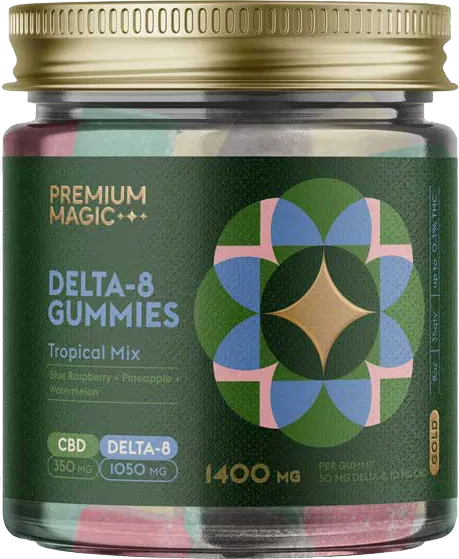
Delta-8 Gummies – Gold Tropical Mix
Original price was: $82.99.$39.99Current price is: $39.99.
Or Subscribe and Save 30%
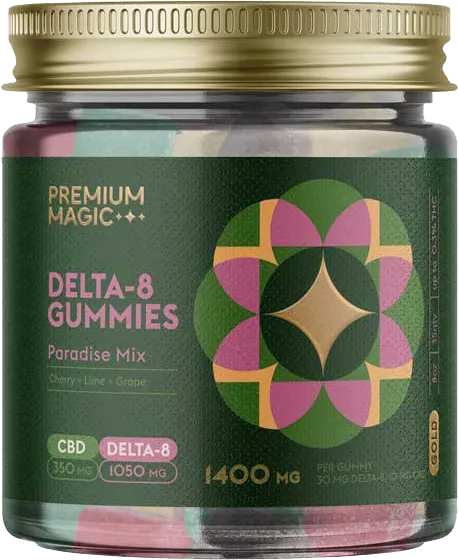
Delta-8 Gummies – Gold Paradise Mix
Original price was: $82.99.$38.99Current price is: $38.99.
Or Subscribe and Save 30%
Nutritional Content
When it comes to choosing between organic and non-organic foods, one of the big questions you might have been, “Is there really a difference in nutritional content?” Let’s dive into that and see what the research and studies have to say.
Nutritional Content: Organic Foods
Organic foods are often praised for their natural growing methods, but when it comes to nutritional content, the differences between organic and non-organic foods might not be as big as you think. Some studies suggest that organic foods might have higher levels of certain nutrients, like Vitamin C, antioxidants, and omega-3 fatty acids. Organic fruits and vegetables can also be lower in pesticides and heavy metals.
Nutritional Content: Non-Organic Foods
On the other hand, non-organic foods are grown with the aid of synthetic pesticides and fertilizers. While this might raise concerns about chemical residue, numerous studies have shown that the levels of pesticides on most non-organic produce are well below the safety limits set by health and safety standards.
Nutrition-wise, non-organic foods often have similar levels of nutrients compared to their organic counterparts. So, if you’re making your food choices based solely on nutrition, you might not notice a big difference between organic and non-organic options.
The Bigger Picture
It’s also important to remember that the nutritional content of food depends on many factors, including soil quality, weather conditions, and how the food is stored and cooked. Whether or not the food is organic is just one piece of the puzzle.
Pesticides and Chemicals
When you’re choosing between organic and non-organic foods, understanding the role of pesticides and chemicals in farming is key. It’s a major point of difference between the two types of farming, and it can significantly affect your decision.
Pesticides in Non-Organic Farming
Non-organic farming often relies on synthetic pesticides and chemicals to protect crops from pests and diseases. These substances are designed to be toxic to the pests, but they can also leave residues on the produce. The use of synthetic fertilizers is also common, helping plants to grow faster and bigger.
You might be wondering about the safety of these residues. In most countries, there are strict regulations and safety standards that limit the amount of pesticide residue allowed on food. However, even with these limits, some people are concerned about the long-term effects of consuming these substances, particularly for children and pregnant women.
Organic Farming: Minimizing Pesticides and Chemicals
Organic farming takes a different approach. Instead of relying on synthetic pesticides and fertilizers, organic farmers use natural methods
and substances to protect their crops. They might use natural predators to control pests, for example, or use organic matter to fertilize the soil.
This doesn’t mean that organic produce is completely free of pesticides. However, the pesticides used in organic farming are generally considered to be less toxic than those used in conventional farming. The idea is to use substances that are less harmful to the environment and to humans.
Health Implications
So, what does all this mean for your health? The research on the health implications of pesticide exposure from food is ongoing, and it’s a complex issue. Some studies suggest that exposure to high levels of certain pesticides could be linked to health problems, including developmental issues in children, while other studies have found no significant effects.
It’s also worth noting that washing and peeling your fruits and vegetables can reduce the amount of pesticide residue, regardless of whether they are organic or non-organic. Cooking can also break down some of the pesticide residues.
Environmental Impact
Considering the environment is crucial when you’re comparing organic and non-organic foods. The way your food is grown can have a big impact on the planet, and it’s something worth thinking about.
The Benefits of Organic Farming
Organic farming practices are designed to be beneficial to the environment. They focus on conserving water, reducing pollution, and promoting soil health. Instead of synthetic fertilizers and pesticides, organic farmers use natural alternatives that are less likely to contribute to soil and water pollution.
Crop rotation and other organic farming practices help to maintain soil fertility, preventing the loss of valuable topsoil. This is crucial for preserving the long-term productivity of the land.
The Impact of Non-Organic Farming
In contrast, non-organic farming often relies on synthetic chemicals and intensive farming methods that can have harmful effects on the environment. The use of synthetic fertilizers and pesticides can lead to soil degradation and water pollution, harming wildlife and affecting ecosystems.
Why Sustainable Agriculture Matters
Choosing foods that are grown using sustainable agriculture practices helps to support the health of the planet. It encourages farming methods that protect the environment, ensuring that the land remains productive and healthy for future generations.
Price and Availability
When you’re deciding between organic and non-organic foods, the price and availability are significant factors to consider. Let’s break down why these differences exist and what they might mean for you.
Why Are Organic Foods More Expensive?
Organic foods generally come with a higher price tag compared to non-organic options. This is because organic farming practices are often more labor-intensive and have lower yields. Organic farmers might also face higher costs for organic feed and fertilizers, and they must follow strict certification procedures.
Availability: Organic Vs. Non-Organic
As for availability, non-organic foods are typically more widely available, especially in areas without access to specialty stores or organic markets. While the availability of organic foods has increased in recent years, there might still be limitations depending on where you live.
CBD/Delta 8 and Organic Farming
When exploring the world of organic and non-organic products, you might also come across CBD and Delta 8 items. Understanding how organic farming practices play into this can help you make better choices.
What are CBD and Delta 8?
CBD and Delta 8 are compounds found in cannabis plants. CBD is known for its potential to provide a sense of calm and wellbeing, without the psychoactive effects associated with THC. Delta 8, on the other hand, is a lesser-known compound that has a milder psychoactive effect compared to Delta 9 THC.
Organic Practices in Production
When it comes to producing these compounds, organic farming practices are just as relevant. By avoiding synthetic pesticides and fertilizers, producers can ensure that the final CBD or Delta 8 product is purer and free from potentially harmful residues.
Choosing Organic CBD/Delta 8 Products
Opting for organic CBD or Delta 8 products is a way to ensure that what you’re consuming is of the highest quality, potentially offering a safer and more effective experience. So, if you’re considering these products as part of your routine, looking for the organic label is a good place to start. It’s a choice that supports both your wellbeing and the health of the environment.
Key Takeaways
Organic foods prioritize natural farming methods, avoiding synthetic pesticides and promoting environmental sustainability. Non-organic foods, however, are usually more affordable and widely available, although they often rely on synthetic pesticides and intensive farming practices.
What you choose to put on your plate is a personal decision, influenced by your values, budget, and access to different types of food. Remember, the importance lies in making informed choices. Knowing the impacts of these two types of farming on your health and the environment allows you to make choices that align with your priorities.
